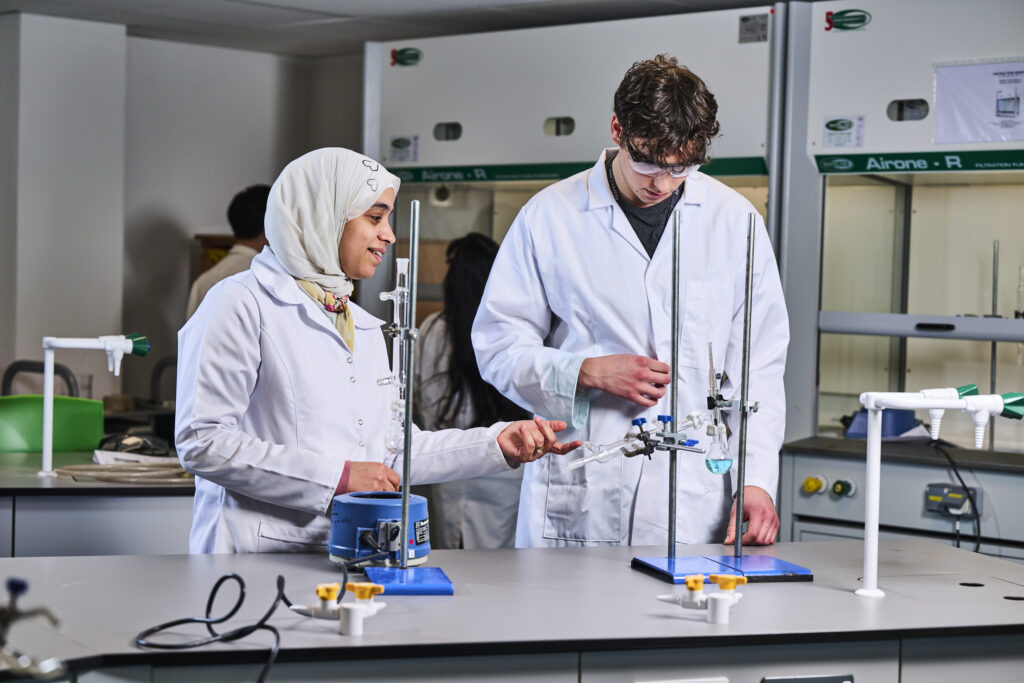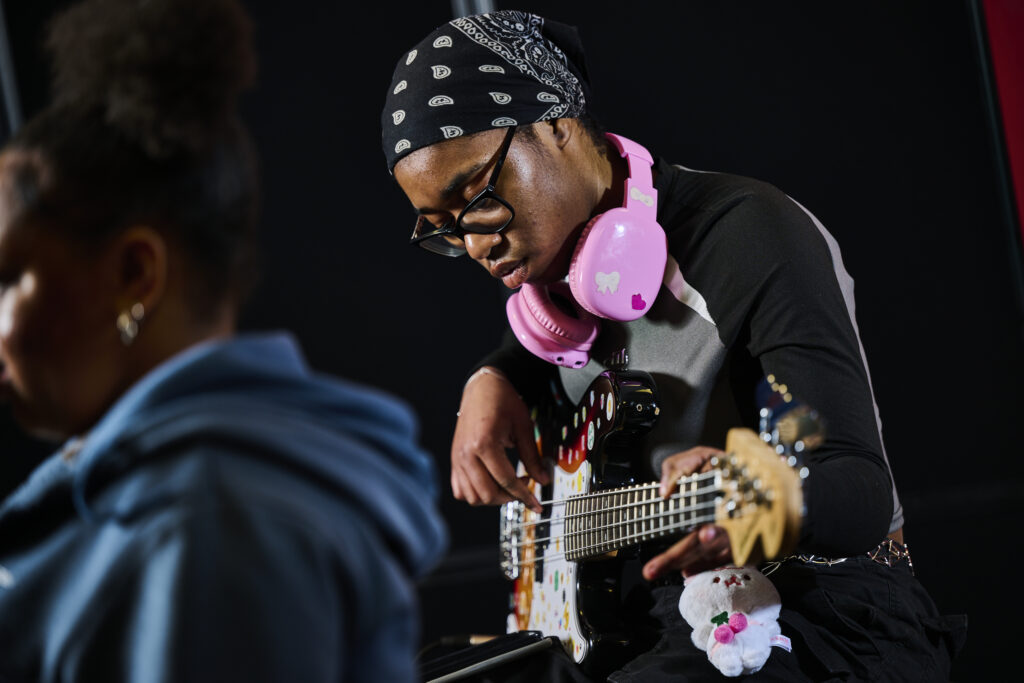Biology A Level is a two year linear course split into six modules. A range of topics are covered including: cell structure, membranes, cell division, plant biology, the heart, lungs, kidney, liver, health and disease, biodiversity, ecology, genetics, and biotechnology.
At the end of the first year, students will be assessed on modules 1-4 via two 90-minute exams (Breadth in Biology and Depth in Biology), which will give them an AS grade.
At the end of the second year, all of the modules (1-6) will be assessed by two 2-hour 15-minute exams and one 90-minute exam. These will give an overall grade for the full A level.
At the end of the 2nd year students will also gain a pass or fail in the practical endorsement (this is assessed via continuous practical activities PAGS, throughout the 2 years of the course).
A Level Biology is particularly suited to students who wish to pursue careers or degrees in environmental science, nursing, midwifery, biological sciences, biomedical sciences, medicine, dentistry, ophthalmology, audiology, radiography, radiology and veterinary science. Due to the content and transferable skills developed in the course, A Level Biology can also benefit students who are interested in careers in Science communication, sports science, psychology, sociology, law and many more.
Modules:
Module 1 – Development of practical skills in biology
Module 2 – Foundations in biology
Module 3 – Exchange and transport
Module 4 – Biodiversity, evolution and disease
Module 5 – Communication, homeostasis and energy
Module 6 – Genetics, evolution and ecosystems
Facilities:
- Brand new state of the art science classrooms and laboratories
- Up-to-date equipment – Wifi and BlueTooth® enabled dataloggers for pH, CO2 and temperature, genetic manipulation and gel electrophoresis are recent new purchases.
- Digital resources for lessons and independent study















